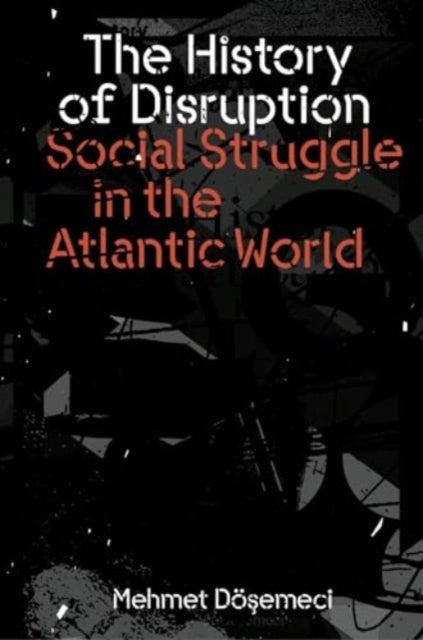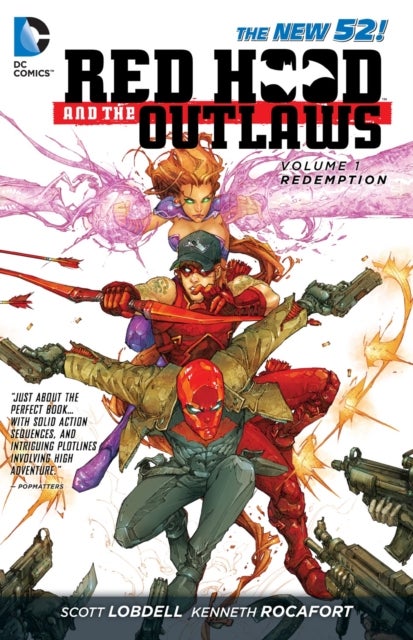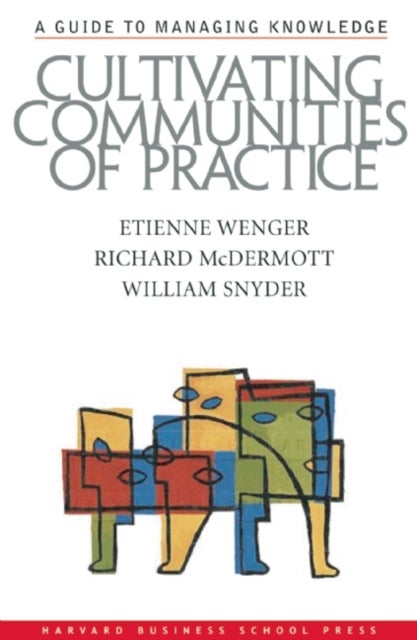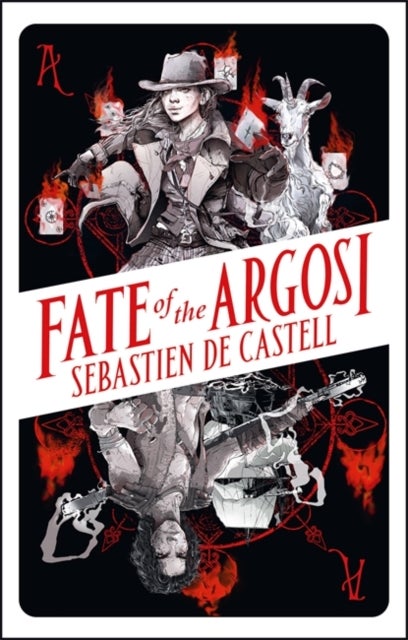
The History of Disruption av Mehmet Dosemeci
329,-
Why do we think of social struggles as movements? Have struggles been practiced otherwise, not as motion but as interruption, occupation, disturbance, arrest? Looking at three hundred years of Atlantic social struggle kinetically, Mehmet Dösemeci questions the axiomatic association that academics and activists have made between modern social struggles and the category of movement. Dösemeci argues that this movement politics has privileged some forms of historical struggle while obscuring others and, perhaps more damningly, reveals the complicity of social movements in the very forces they oppose.<br><br>Dösemeci’s story begins with the eighteenth-century establishment of a transatlantic regime of movement that coerced goods and bodies into violent and ceaseless motion. He then details the long history of resistance to this regime, interweaving disparate social struggles such as food riots, Caribbean maroon communities, Atlantic pirates, secret societies








